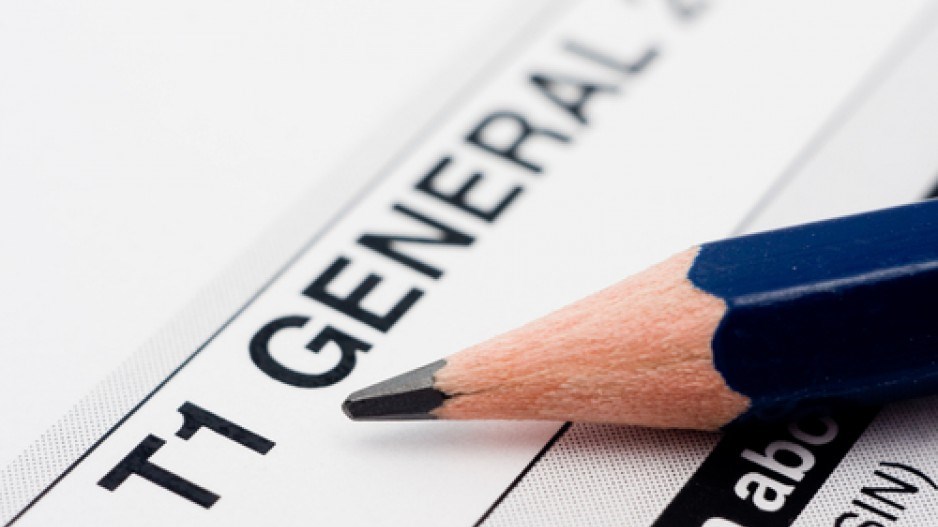Today is Tax Freedom Day (TFD), the day Canadians have finally earned enough money to pay all the taxes they owe to all levels of government for the whole year, according to the Fraser Institute’s annual calculations.
This year, TFD arrives one day later than in 2011, when it fell on June 10.
Charles Lammam, Fraser Institute associate director of tax and budget policy, said, "This underscores a worrying trend across the country of governments increasing taxes.”
Despite tax increases, the report notes that Tax Freedom Day would have come 12 days later this year if, instead of running deficits, governments covered their current spending with even greater tax increases.
“We need to remember that the budget deficits incurred by Ottawa and the provinces must one day be paid for by taxes and could mean a later Tax Freedom Day in the future.”
TFD measures the total tax burden imposed on Canadian families by federal, provincial, and local governments. If Canadians were required to pay all taxes up front, they would have to give governments every dollar they earned prior to Tax Freedom Day.
The Fraser Institute noted the federal government and several provinces increased taxes in 2012, which contributed to the later Tax Freedom Day. The federal government increased employment insurance (EI) premiums and B.C. raised its health tax.
However, the think tank added that Tax Freedom Day arrives later in 2012 because Canada’s economy is improving. When the economy recovers from a recession and incomes increase, a family’s tax burden also tends to increase because of Canada’s progressive tax system, which imposes higher taxes as Canadians earn more money. Household consumption also rises, which increases the sales and other consumption taxes families pay.
Tax Freedom Day varies from province to province, depending on the taxation levels of provincial and local governments.
Alberta enjoyed the earliest TFD on May 22. B.C.’s Tax Freedom Day was June 8, placing it fifth in Canada.




